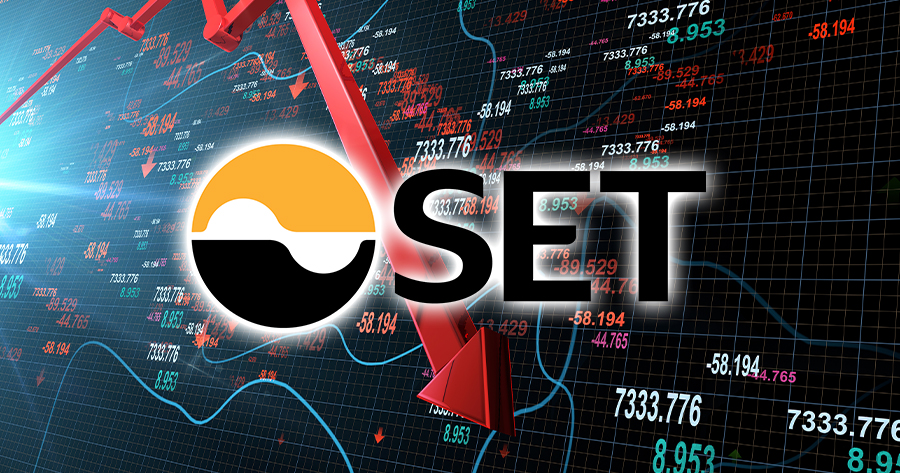South Korea will lift its comprehensive prohibition on short selling for all securities across the board, starting March 31. The decision is aimed at invigorating the capital market with an influx of foreign investments eager for enhanced liquidity and risk management.
This sweeping policy shift, the first time since 2020, arrives as South Korea’s Nextrade (NXT) alternative exchange prepares to broaden its stock offerings, drawing attention to potential market fluctuations.
The blanket ban on short selling, which had been in place since the initial wave of COVID-19, was originally implemented to quell the pandemic-induced financial turbulence. Although a partial revival was made in 2021, permitting limited short sales on selected Kospi 200 and Kosdaq 150 stocks, the practice faced renewed suspension in 2023 amidst controversies over illegal naked short selling by foreign banks.
While short selling is recognized as a legitimate financial maneuver, South Korea was unique among developed economies in its total ban. Critics of the ban argue it discouraged legitimate trading activities that provide essential market liquidity and hedging opportunities.
As of last Friday, the value of South Korea’s securities lending had surged to 66.64 trillion won ($45.3 billion), marking a significant increase since February. Notably, foreign investors represented 64.8% of securities lending, indicating a strategic preparation for the resumption of short selling.
Despite potential market rejuvenation with anticipated foreign investor return, Korean retail investors express apprehension due to past experiences of institutional short selling exerting downward pressure on share prices. Addressing these concerns, South Korea’s financial regulators have overhauled short-sale regulations and introduced an electronic monitoring system to deter any recurrence of illegal naked short sales.





